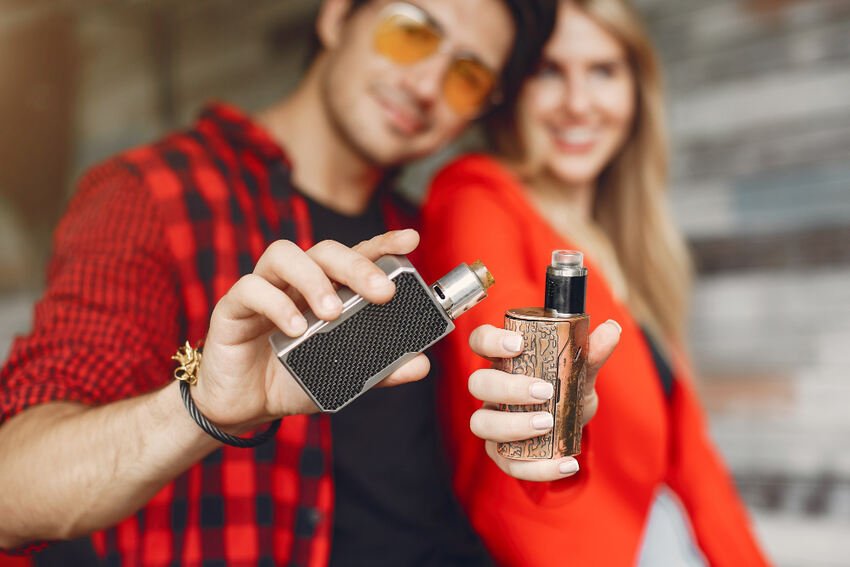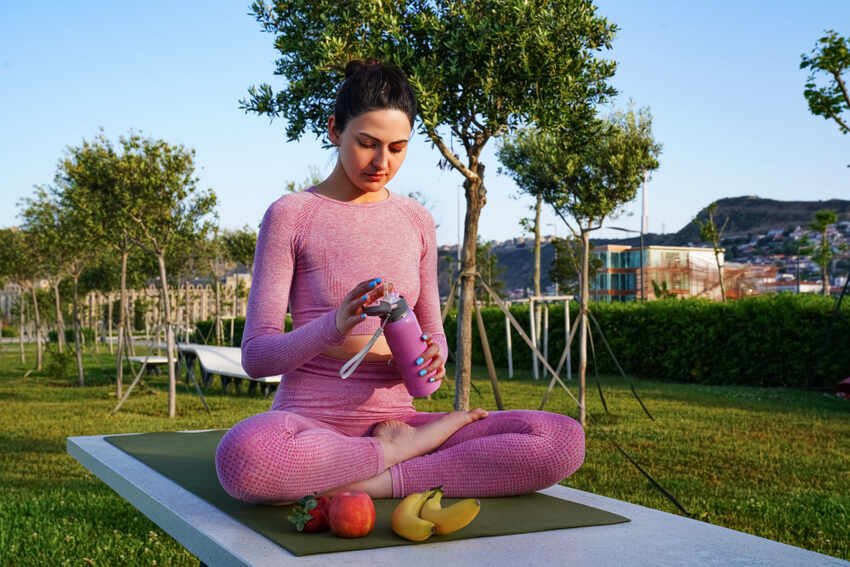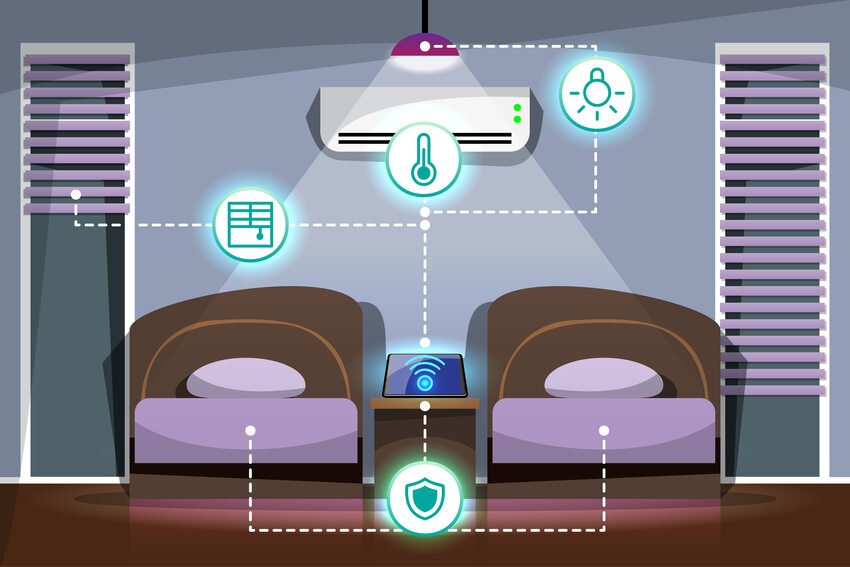Research shows that social anxiety treatment becomes significantly more effective when paired with daily habits that build resilience and confidence. Trait resilience was significantly negatively correlated with social anxiety (r = −0.486, p < 0.001), proving that small daily changes can create meaningful improvements.
These seven evidence-based habits for social anxiety don’t replace professional help but amplify its impact, creating a comprehensive approach to overcoming social anxiety that works both in therapy sessions and real-world situations.
Progressive Exposure Micro-Challenges
Building confidence through manageable social interactions creates momentum that makes Social Anxiety Disorder Treatment even more effective. Rather than avoiding social situations entirely, this approach breaks exposure into bite-sized pieces.
Maintaining a balanced sleep schedule and limiting caffeine or alcohol intake also supports emotional stability. When combined with professional guidance, these habits create a strong foundation for long-term improvement and make it easier to navigate social interactions with ease.
Daily 5-Minute Social Interactions
Start with low-pressure conversations that feel manageable. Ask a cashier how their day’s going, compliment a neighbor’s garden, or thank a delivery driver. These brief interactions help your nervous system realize social contact isn’t dangerous.
Track your comfort level on a scale of 1-10 before and after each interaction. You’ll likely notice improvements within two weeks of consistent practice.
Digital-to-Physical Social Bridge Technique
Begin in online communities where you feel safer expressing yourself. Comment on posts, join discussion threads, then gradually move to video calls with the same people. This progression feels less jarring than jumping straight into face-to-face meetings.
Apps like Discord or Reddit provide perfect starting points because interactions feel less personal initially.
Now that we’ve established how these evidence-based habits can amplify your social anxiety treatment results, let’s dive into the first transformative practice that builds confidence through manageable, daily social challenges.
Cognitive Reframing Through Thought Journaling
While progressive exposure helps you face social situations with growing confidence, your inner dialogue during these interactions can make or break your progress, which is where our next habit becomes crucial. Coping strategies for social anxiety often focus on changing thought patterns that fuel anxious feelings.
The 3-2-1 Reality Check Method
When anxious thoughts arise, write down three pieces of evidence against the thought, two alternative perspectives, and one actionable next step. For example, if you think “Everyone will judge my presentation,” evidence against might include past successful presentations or positive feedback you’ve received.
This method prevents rumination while creating concrete action plans.
Personalized Affirmation Development
Create situation-specific positive self-talk scripts rather than generic affirmations. Instead of “I’m confident,” try “I’ve handled difficult conversations before, and I can handle this one too.” Record these on your phone and listen during commutes or before social events.
Even with reframed thoughts supporting you, physical anxiety symptoms can still hijack your social interactions, making it essential to master the physiological regulation techniques in our third habit.
Physiological Regulation Practices
Once your body and mind are working in harmony, the next step is ensuring you have the actual social skills to navigate interactions smoothly and authentically. Many of us experience social anxiety from time to time, but when this social anxiety causes intense distress and starts to impact daily life, it could be indicative of a common condition called social anxiety disorder.
Box Breathing for Pre-Social Situations
Practice the 4-4-4-4 breathing pattern: inhale for four counts, hold for four, exhale for four, hold empty for four. Use this technique five minutes before social events to activate your parasympathetic nervous system.
Wearable devices can track heart rate variability, showing you real-time feedback on your relaxation response.
Progressive Muscle Relaxation Micro-Sessions
Tense and release different muscle groups for 5-10 seconds each, starting with your toes and working upward. This 60-second technique works discreetly in elevators, waiting rooms, or car rides before social situations.
Focus particularly on facial muscles, shoulders, and hands, areas where social anxiety typically creates the most tension.
Social Skills Simulation Training
Perfect social skills mean little if your energy levels are depleted or your mood is unstable before you even enter social situations. Here’s how to optimize your internal state. These tips for social anxiety relief include practicing interactions in safe environments.
Mirror Practice with Script Variations
Rehearse common conversation starters, responses to small talk, and ways to gracefully exit conversations. Practice different scenarios: job interviews, networking events, or casual encounters with acquaintances.
Video record yourself occasionally to identify body language patterns you want to change.
Role-Playing with AI Chatbots and VR Technology
Emerging VR applications like Strivr or AI conversation partners provide risk-free practice opportunities. These tools simulate social interactions without real-world consequences, building confidence gradually.
Gamification elements in these apps make practice sessions engaging rather than stressful.
Energy and Mood Optimization Routines
While personal optimization is powerful, sustainable social anxiety recovery requires more than individual effort, which brings us to the transformative power of strategic social support. Physical and mental preparation significantly impacts social interactions.
Pre-Social Nutrition Protocols
Eat protein-rich snacks 30-60 minutes before social events to stabilize blood sugar and support neurotransmitter production. Foods like Greek yogurt, nuts, or hard-boiled eggs provide sustained energy without sugar crashes.
Avoid excessive caffeine, which can amplify anxiety symptoms in social settings.
Physical Activity Integration
Complete 10 minutes of light exercise before social events, jumping jacks, brisk walking, or stretching routines. Physical movement releases tension and endorphins that naturally reduce anxiety. Outdoor exposure provides additional mood-boosting benefits through natural light and fresh air.
Social Support Network Cultivation
Building your support network creates external motivation, but integrating technology-assisted mindfulness practices provides the internal awareness and regulation needed for lasting change. Strategic relationships accelerate progress significantly.
Accountability Partner Systems
Choose someone who understands your goals and check in weekly about your progress. Share specific challenges you’re facing and celebrate small victories together. Having someone expect updates creates gentle pressure to maintain consistency with your habits for social anxiety.
Online Community Engagement Strategies
Join moderated support groups focused on social anxiety recovery. Anonymous platforms like 7 Cups or specific Reddit communities provide peer support without geographic limitations. Contributing to others’ discussions often feels easier than sharing your own struggles initially.
Technology-Assisted Mindfulness Integration
With all seven habits now in your toolkit, the key to success lies in strategically implementing them through a structured, progressive plan that prevents overwhelm. Modern technology offers powerful tools for anxiety management.
Biometric Feedback Applications
Apps like HeartMath or Muse provide real-time data on your stress response during or after social interactions. This objective feedback helps you understand which situations trigger anxiety most strongly.
Data-driven insights allow for targeted improvements rather than general anxiety management.
Mindfulness App Integration with Social Calendars
Set meditation reminders before scheduled social events and reflection prompts afterward. Apps like Headspace or Calm can sync with your calendar for automated support.
Brief 3-5 minute sessions provide significant benefits without requiring major time commitments.
Your 30-Day Implementation Strategy
Following your 30-day plan provides structure, but knowing whether these habits are truly working requires sophisticated tracking methods that go beyond how you feel. Start with 2-3 habits that feel most manageable, then gradually add others.
Week 1-2 should focus on establishing basic routines without pressure for perfection. Choose one physiological technique, one cognitive strategy, and one social practice to begin with.
Weeks 3-4 allow for increased challenge levels and refinement based on what you’ve learned about your specific triggers and preferences.
Your Path Forward with Social Anxiety Management
These seven habits for social anxiety create a comprehensive framework that amplifies professional treatment effectiveness while building long-term resilience. Overcoming social anxiety isn’t about eliminating nervousness entirely, it’s about developing tools that prevent anxiety from controlling your choices. Start small, stay consistent, and remember that progress isn’t always linear.
Each micro-challenge you complete and every breathing technique you practice contribute to a stronger, more confident version of yourself who can handle social situations with greater ease and authenticity.
Common Questions About Social Anxiety Habits
Can these habits replace professional social anxiety treatment?
No, these habits complement professional treatment rather than replace it, and work best when integrated with therapy or medical guidance.
How long does it take to see results from social anxiety habits?
Most people notice subtle improvements within 2-3 weeks of consistent practice, with more significant changes emerging after 4-6 weeks.
Which habit should I start with if I have severe social anxiety?
Begin with physiological regulation techniques like box breathing, as they provide immediate relief and create a foundation for other practices.
Read Dive is a leading technology blog focusing on different domains like Blockchain, AI, Chatbot, Fintech, Health Tech, Software Development and Testing. For guest blogging, please feel free to contact at readdive@gmail.com.





